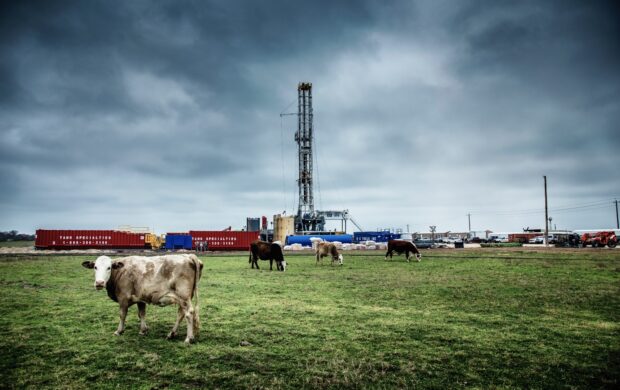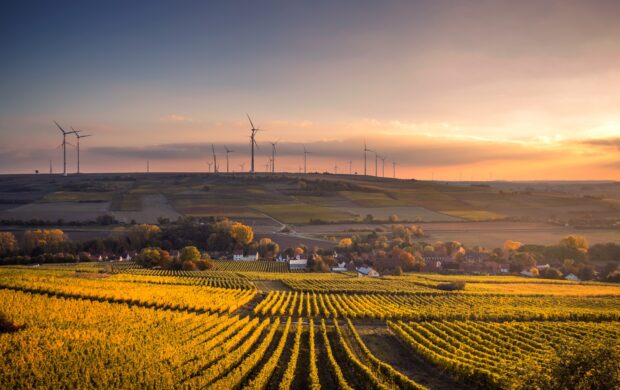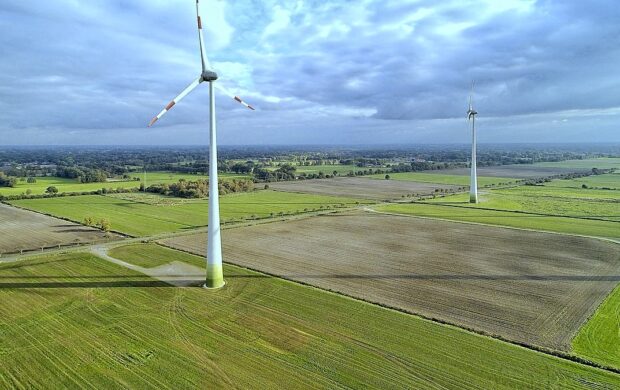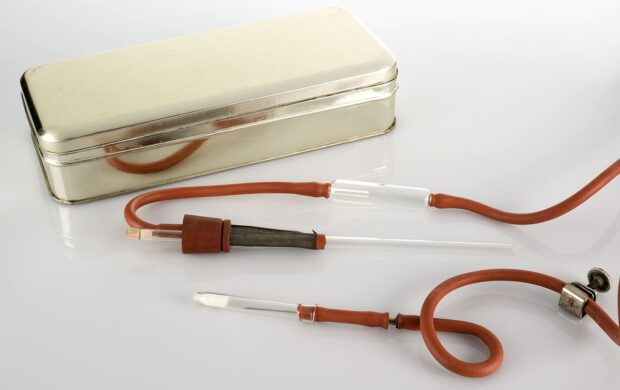Research by Swiss investment bank UBS predicts that the cost of using solar energy to boil a kettle could be so cheap by 2030 it will effectively be free. Whereas boiling a kettle using solar costs GBP0.01 today, by 2020 they estimate this cost would be around GBP0.005.

Wind and solar power are becoming less reliant on government subsidies in many parts of the world. This means renewable energy can grow at the pace of technological development rather than that of ministerial whim.
A new funding model in the UK – where energy companies must compete for subsidies in auctions – has halved the cost of offshore wind in three years, as well as increasing the level of innovation and efficiency beyond expectations.
Giant corporations such as Amazon, Apple, Google and Walmart have already begun building or buying their own solar and wind farms in an effort to operate fully on renewable power – in some cases selling their surplus back to the grid. This reduced dependence on traditional suppliers is likely to shake up the energy market, as will new, responsive pricing models based on artificially intelligence approaches to analysing usage.

















